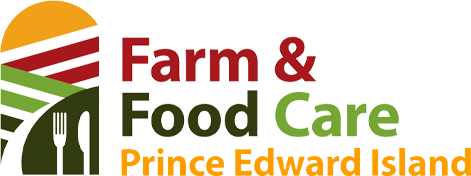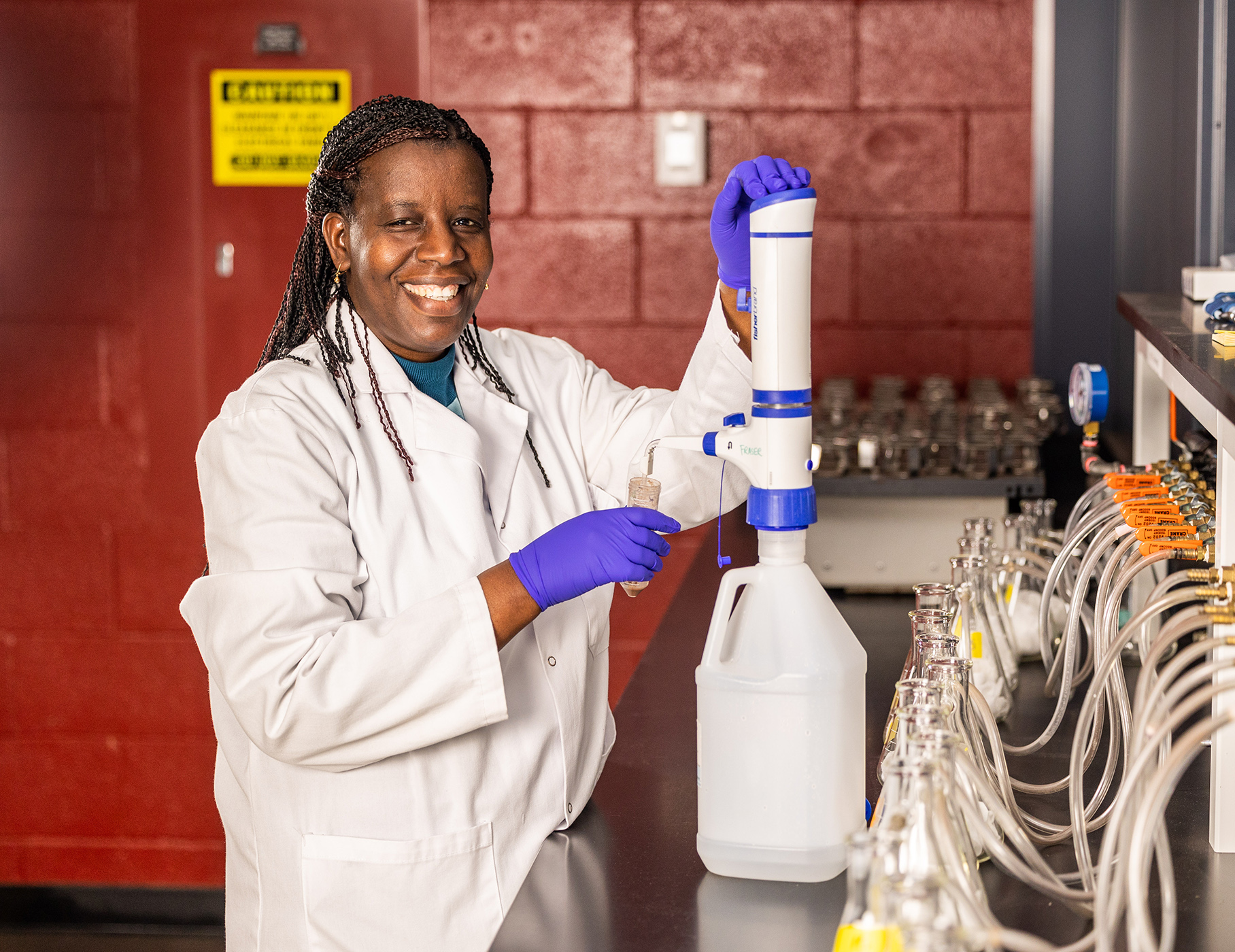Dr. Judith Nyiraneza

Name
Dr. Judith Nyiraneza
Occupation
Research Scientist
What does your job entail?
I am a soil research scientist based in Charlottetown with Agriculture and Agri-Food Canada. I am interested in assessing regenerative agricultural practices and their impact on soil health and nutrient cycling, primarily nitrogen and phosphorus. Regenerative agricultural practices include cover cropping, and minimizing the frequency and intensity of soil tillage. I’m basically helping growers to achieve higher yields while maintaining and sustaining soil health.
What is the Living Lab - Atlantic project?
The Living Lab - Atlantic project is an integrated approach where growers, scientists and other partners are working together to identify key challenges and research priorities in the area of Agri-environment. The research activities are co-developed and tested on farms, in real conditions, in order to help increase adoption by growers. The Living Lab - Atlantic project has the objective of enhancing soil health and water quality. My role in the project is as co-lead research scientist.
What methods are farmers using on PEI to ensure the safety of our water and soil?
PEI growers are testing a broad range of practices including precision agriculture and applying fertilizer that is matched to the crop needs. They are also trying to minimize the tillage intensity and frequency along with trying to keep the land covered with cover cropping.
Explain how research helps PEI farmers be more sustainable?
There is a saying that “If you can’t measure it, you can’t manage it.” Growers are very busy producing food to feed the world so scientists help them to measure the changes induced by management practices. We measure the changes in different areas from how a certain practice is impacting the weed population, to the soil health, to beneficial or non-beneficial soil microorganisms, to soil-borne diseases. Our job is to measure those changes for the farmers who don’t have the time and capacity to do so.
Where do you hope the PEI agriculture industry is headed?
I think we are heading in the right direction. I hope to see PEI growers making more money while minimizing the impact on the environment. PEI is a small province so it’s very easy to have scientists, growers and other professionals connected and I think we are leading the way for the rest of Canada in the work we are doing here.
Back to Faces of PEI
